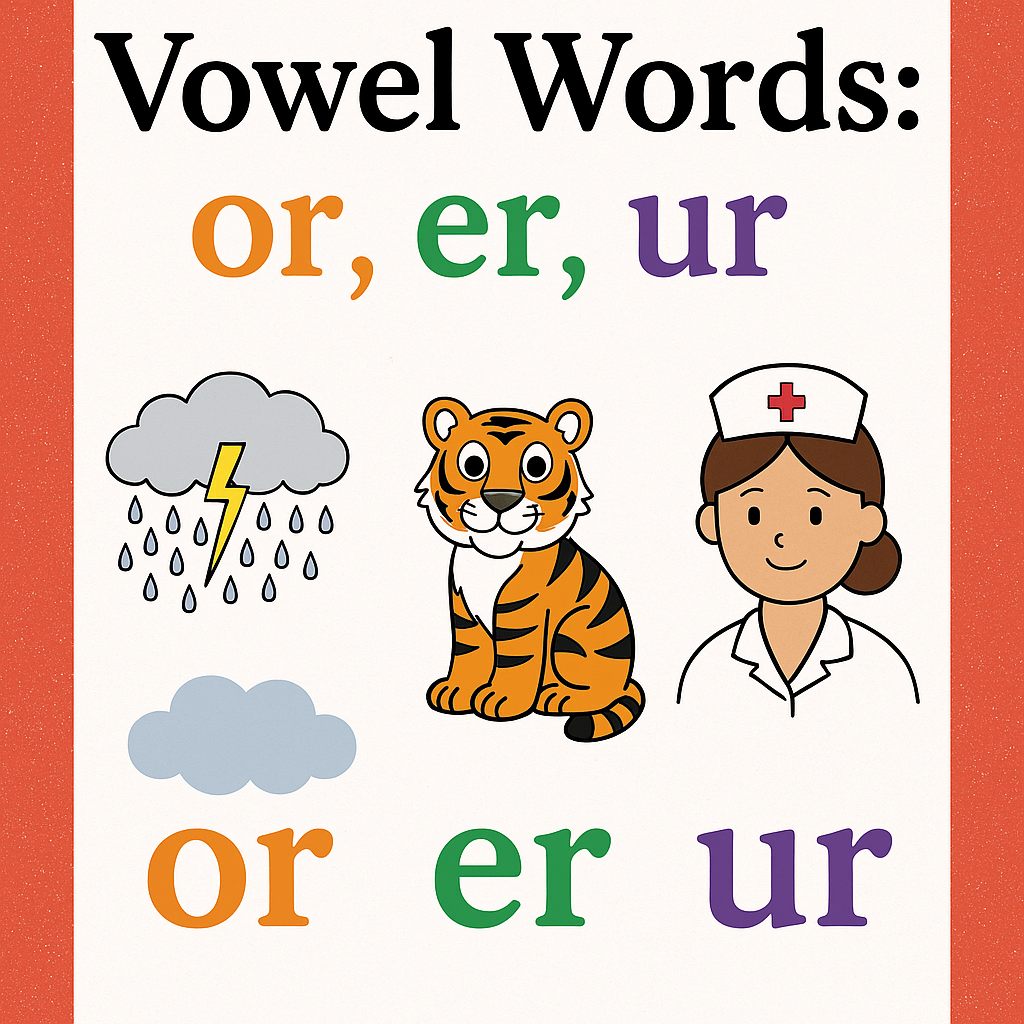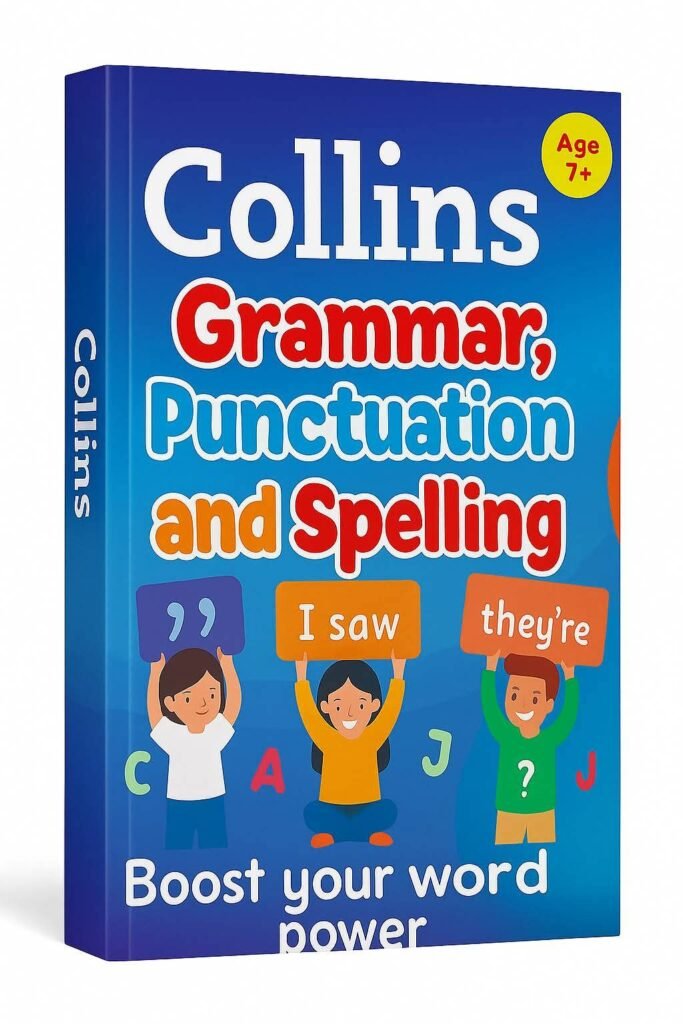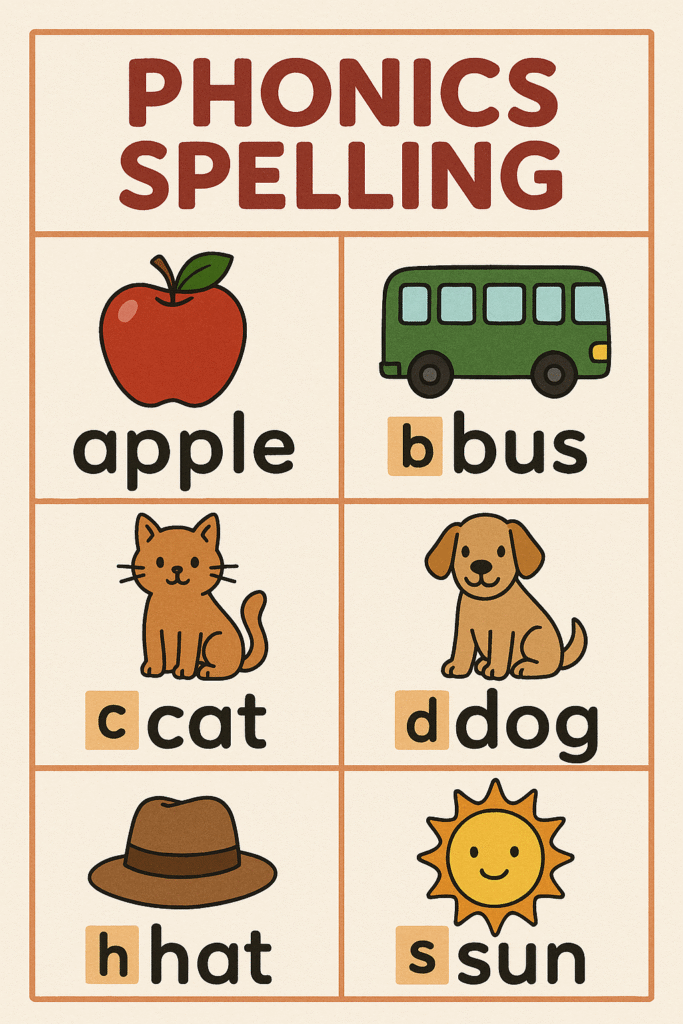Table of Contents
Introduction to English Advanced Vocabulary
“Building a strong vocabulary is essential for effective communication in English Advanced vocabulary can help you express yourself more accurately and confidently.”
By incorporating words like perspicacious (having a keen understanding), enervate (to weaken or deprive of energy), and fastidious (meticulous and demanding in one’s standards) into your language, you can convey complex ideas and nuances with precision.
Advanced vocabulary is particularly valuable in academic and professional contexts, where precise language is crucial for conveying ideas and achieving success. Words like hypothesis, paradigm and benchmark can help you articulate your thoughts and ideas with clarity and authority.
By mastering these words, you can improve your academic writing, participate more effectively in discussions, and communicate more efficiently with colleagues and clients. Moreover, a strong vocabulary can help you navigate complex texts, analyze nuanced arguments, and develop well-supported opinions.
To further enhance your vocabulary, consider learning words that describe people, such as affable (friendly, pleasant, and easy to talk to), ebullient (enthusiastic and energetic), and reserved (quiet and restrained).
Additionally, words like meticulous (showing great attention to detail), astute (having a quick and clever mind), and inimitable (unable to be imitated or matched) can help you describe situations, ideas, and experiences with greater precision and flair.
By incorporating these words into your language, you can add depth, nuance, and complexity to your communication, and express yourself with greater confidence and effectiveness.
Some other useful advanced vocabulary words:
- Ephemeral (lasting for a very short time)
- Enigmatic (mysterious or difficult to understand)
- Finesse (delicacy and subtlety of performance or skill)
- Heterogeneous (diverse or composed of different elements)
- Inscrutable (difficult to understand or interpret
Word Formation: Prefixes, Suffixes, and Roots
“Understanding prefixes, suffixes, and roots can help you decipher unfamiliar words and expand your vocabulary. For example, the prefix ‘un-‘ can indicate the opposite of a word.”
English Advanced Vocabulary in Context: Business
“Business English Advanced vocabulary is essential for professionals and entrepreneurs. Learn words like ‘synergy,’ ‘paradigm,’ and ‘benchmark’ to enhance your business communication.”
English Advanced Vocabulary in Context: Academia
“Academic English Advanced vocabulary is crucial for students and researchers. Familiarize yourself with words like ‘hypothesis,’ ‘methodology,’ and ‘paradigm’ to improve your academic writing.”
Idioms and Phrasal Verbs
“Idioms and phrasal verbs can add flavor to your language. Learn expressions like ‘break a leg,’ ‘cost an arm and a leg,’ and ‘get on someone’s nerves’ to sound more natural.”
Collocations and Word Combinations
“Collocations are words that are commonly used together. Learn combinations like ‘heavy rain,’ ‘strongly recommend,’ and ‘highly unlikely’ to improve your language accuracy.”
Advanced Vocabulary for Describing People
“Describe people’s personalities with words like ‘affable,’ ‘ebullient,’ and ‘reserved.’ Use words like ‘petite,’ ‘tall,’ and ‘athletic’ to describe their appearance.”
Conclusion and Next Steps
“Congratulations on completing English Advanced Vocabulary! Continue to learn and practice new words and phrases to enhance your language skills.”
Key Vocabulary:
English Advanced Vocabulary
- Affable
- Ebullient
- Reserved
- Petite
- Synergy
- Paradigm
- Benchmark
- Hypothesis
- Methodology
1. Affable
- Meaning: Friendly, pleasant, and easy to talk to
- Example: “The affable host made everyone feel welcome at the party.”
- Usage: Describe someone who is warm, approachable, and enjoys social interactions.
2. Ebullient
- Meaning: Enthusiastic and energetic
- Example: “The ebullient teacher made the lesson engaging and fun for the students.”
- Usage: Describe someone who is lively, bubbly, and radiates positivity.
3. Reserved
- Meaning: Quiet and restrained in one’s words or actions
- Example: “The reserved guest didn’t say much at the meeting, but listened intently.”
- Usage: Describe someone who is introverted, cautious, or prefers to observe before contributing.
4. Petite
- Meaning: Small in size or stature
- Example: “The petite actress was often cast in youthful roles.”
- Usage: Describe someone or something that is diminutive or compact.
5. Synergy
- Meaning: The interaction or cooperation of two or more agents to produce an effect that is greater than the sum of their individual contributions
- Example: “The team’s synergy led to innovative solutions and impressive results.”
- Usage: Describe the combined effort or collaboration that produces something remarkable.
6. Paradigm
- Meaning: A model or framework that is used to explain or understand something
- Example: “The scientific paradigm shift changed the way researchers approached the problem.”
- Usage: Describe a theoretical framework or a set of assumptions that guide understanding or behavior.
7. Benchmark
- Meaning: A standard or reference point against which other things can be compared or measured
- Example: “The company’s customer satisfaction ratings were used as a benchmark for the industry.”
- Usage: Describe a standard or metric that serves as a basis for comparison or evaluation.
8. Hypothesis
- Meaning: A proposed explanation or assumption that is tested through experimentation or observation
- Example: “The scientist’s hypothesis about the cause of the disease was later proven correct.”
- Usage: Describe an educated guess or a theoretical explanation that is subject to testing and validation.
9. Methodology
- Meaning: A systematic approach or procedure used to achieve a particular goal or objective
- Example: “The researcher’s methodology involved collecting data through surveys and interviews.”
- Usage: Describe the structured process or set of methods used to accomplish a task or investigate a phenomenon.






















